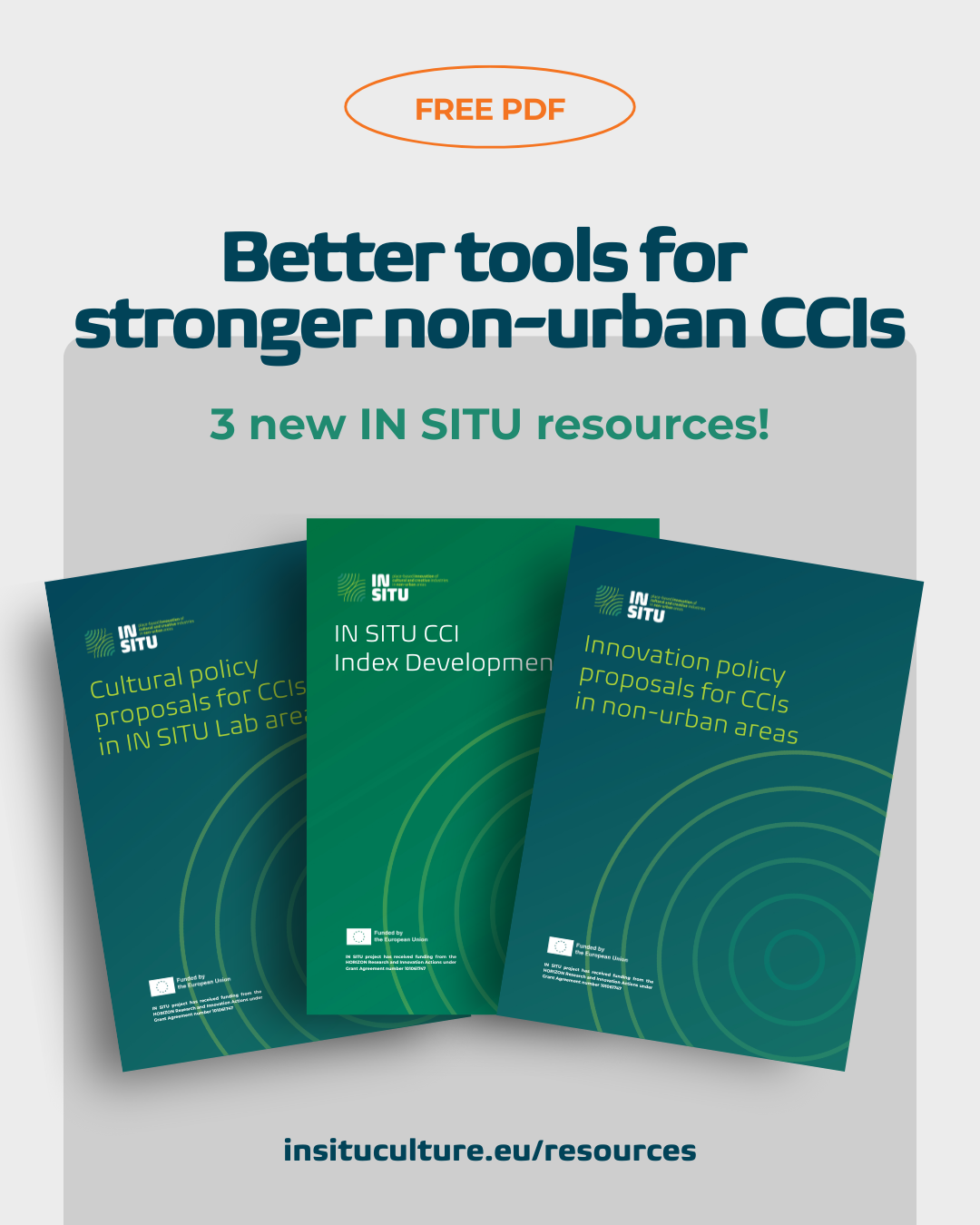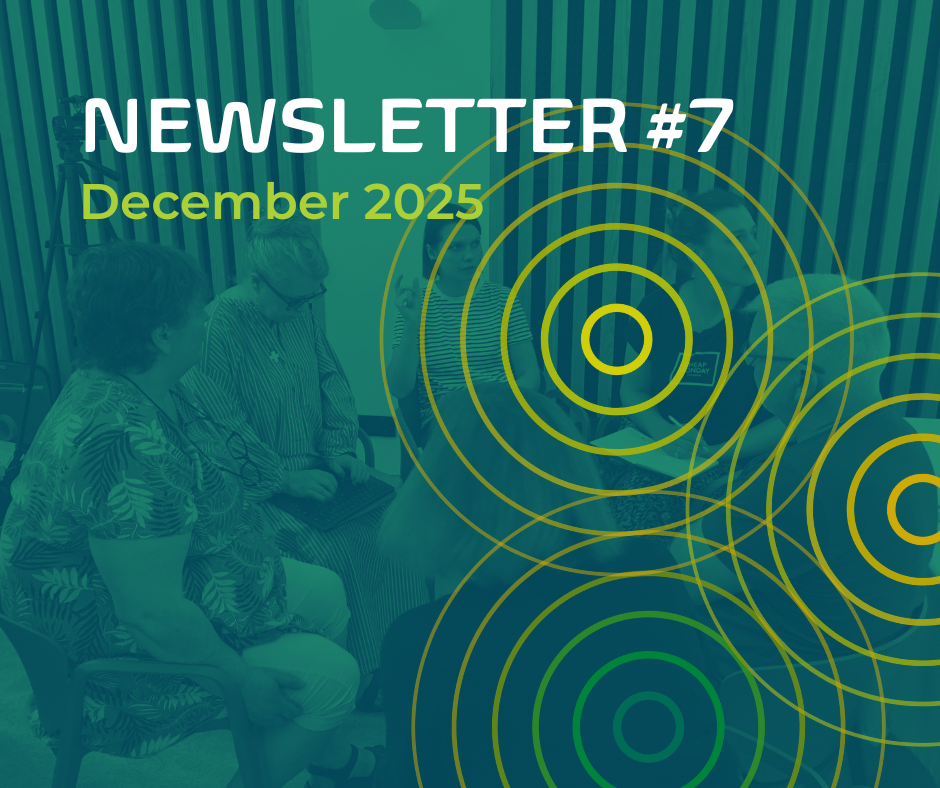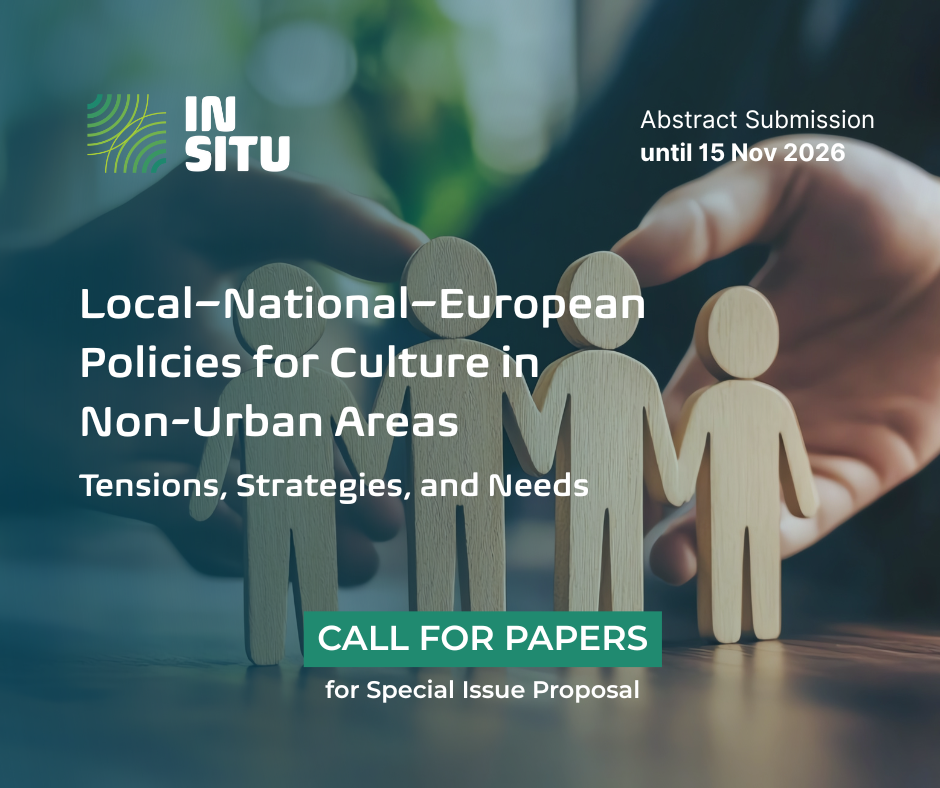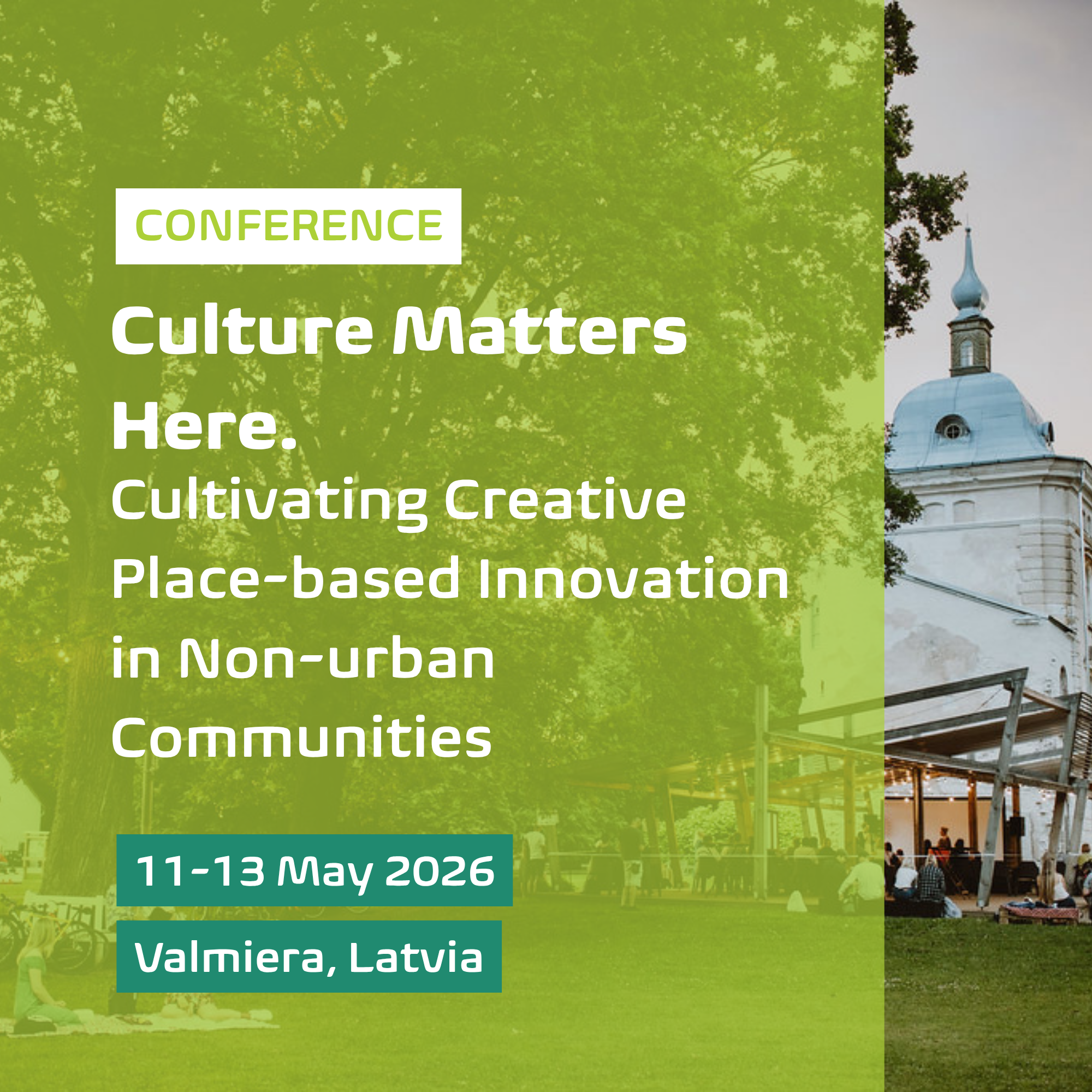Šibenik-Knin County, Croatia – The picturesque island of Zlarin and the historic town of Šibenik were the sites of two impactful events this fall, both organised under the banner of the project IN SITU: Place-based innovation of cultural and creative industries in non-urban areas, a major EU-funded initiative aimed at fostering innovation in non-urban areas through the power of cultural and creative industries.
These events—the “Place-based Creative Solutions” Summer School (September 20-24) and the “Horizons of Sustainability” conference (September 25-27)—highlighted the importance of creative innovation in driving rural sustainability and equitable development. These landmark events were organised by the Centre for Social Studies of the University of Coimbra and the Kultura Nova Foundation in cooperation with the IN SITU Consortium. The events were supported by the European Union’s Horizon Europe Research and Innovation Programme (Grant Agreement no. 101061747), with the conference also receiving funding from the Central European Initiative.
IN SITU Summer School “Place-based Creative Solutions for Cultivating Caring and Sustainable Communities” | Zlarin, September 20-24, 2024
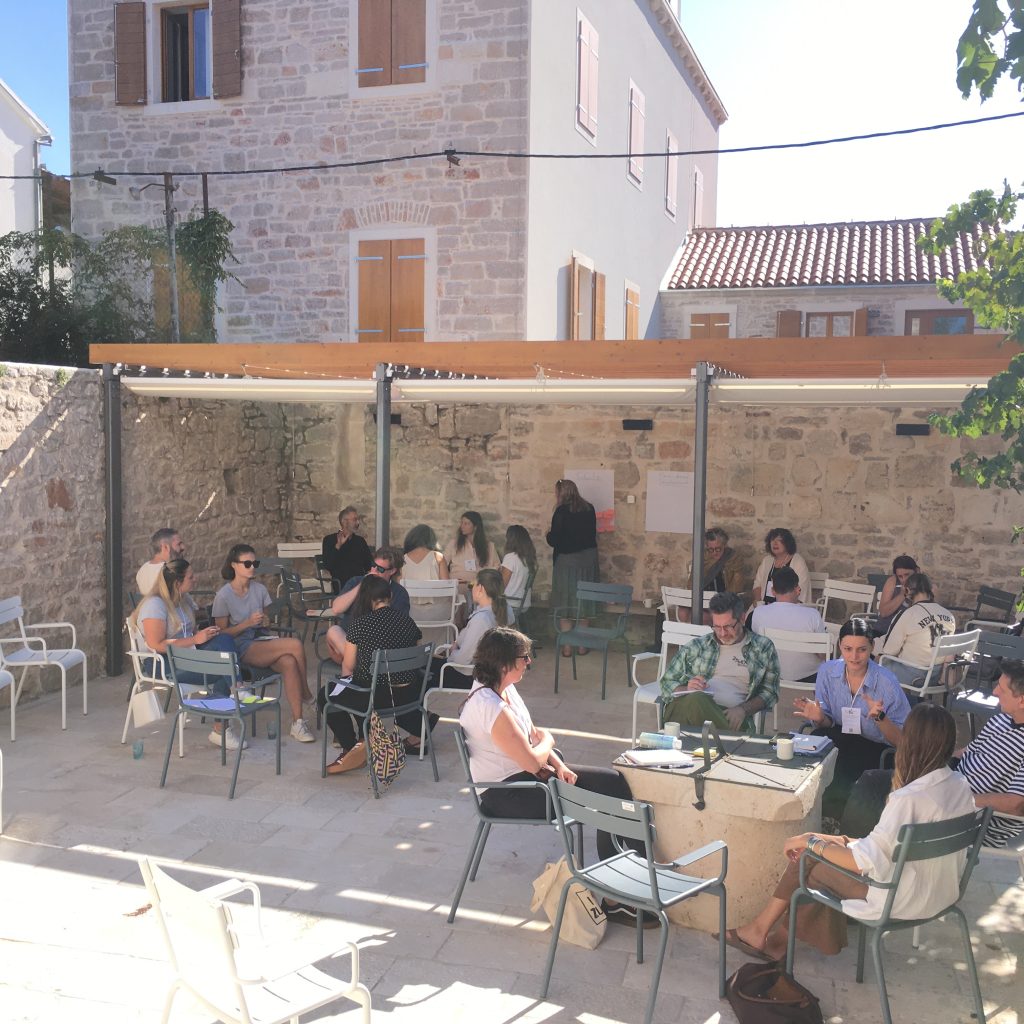
The IN SITU Summer School was a hands-on program designed for students and professionals from cultural and creative sectors. It took place in the splendid setting of the island of Zlarin, at the Croatian Coral Centre Zlarin. Participants engaged in immersive workshops, discussions and collaborative projects that addressed local development through creative solutions. This initiative, which focused on empowering creative leaders in rural and non-urban areas, provided participants with the tools to explore place-based innovations and apply them within their local contexts.
“Meeting participants from around the world, different themes of lectures, engaging and supportive teaching staff, role playing exercises, learning about the community, the museum visit” were mentioned as the most positive aspects of the event by one participant.
Another reflected enthusiastically that “the summer school at times took me out of my comfort zone but due to the small and supportive nature of the group and activities, it gave me so much confidence and I took away such a wealth of information. It was wonderful to meet people from so many different backgrounds”.
The Summer School served as a critical preparatory phase for the conference, aligning participants with the key goals of the IN SITU project, such as enhancing local capacities for sustainable and culturally-driven development.
IN SITU Conference “Horizons of Sustainability: The Power of Creative Innovation for Transformation of Rural and Non-Urban Futures” | Šibenik, September 25-27, 2024
Participants from all over the world, including scholars, researchers, cultural practitioners, policymakers, activists and artists, gathered at the IN SITU Conference to explore how cultural and creative initiatives can transform rural and non-urban futures. It brought together over 80 attendees from 31 countries including Albania, Austria, Belgium, Bosnia and Herzegovina, Bulgaria, Canada, China, Croatia, the Czech Republic, Estonia, Finland, France, Germany, Greece, Hungary, Iceland, Ireland, Italy, Latvia, Moldova, Montenegro, the Netherlands, North Macedonia, Portugal, Romania, Scotland, Serbia, South Africa, Spain, United Kingdom, and United States.
EVENT HIGHLIGHTS
The IN SITU Conference emphasised the transformative power of cultural and creative initiatives in fostering sustainable and equitable communities beyond urban areas. It focused on themes like youth engagement, care, and sustainability, recognising these elements as essential for resilient rural societies. The event took place at three iconic venues—House of Art Arsen, St. John’s Fortress, and Barone’s Fortress—and included keynote speeches, panel discussions, and interactive fairs highlighting culture-based creative innovation in rural development. Plenary sessions addressed youth empowerment through the arts; global experiences of creative agency in non-urban communities; dimensions of local sustainability; and funders’ roles for rural and non-urban prosperity through creativity and innovation. They also focused on the IN SITU project activities, preliminary results and Labs, serving as an international stage for the IN SITU case studies, which showcased short video presentations of their projects and fostered a panel discussion with the representatives participating on-site.
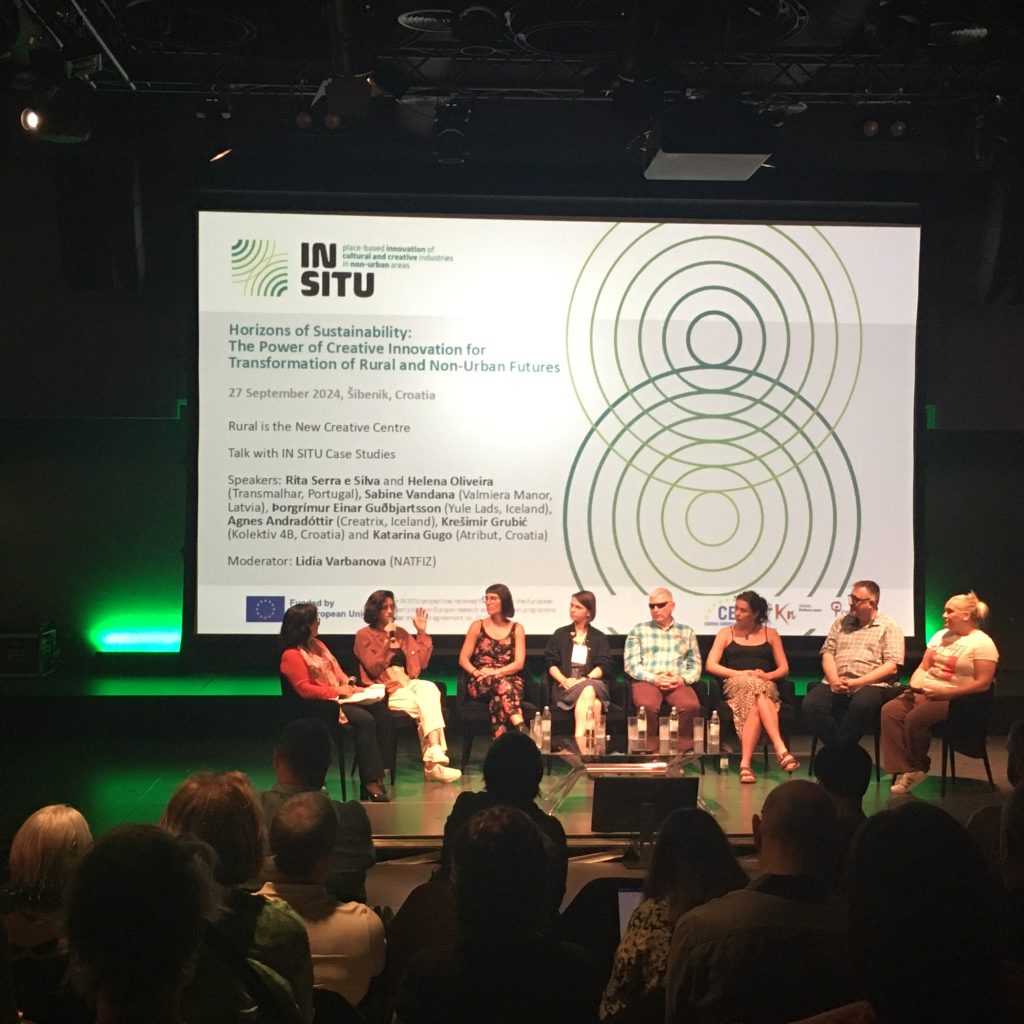
Afternoon presenters explored themes like vernacular arts, crafts, music and placemaking; sustainability, policy and funding; rural tourism, cultural heritage and building capacities; participatory approaches in cultural revitalisation and rural development; rural-urban connections, independent art, and community embeddedness; community-based socio-cultural innovation and policymaking. The ‘marketplace’ sessions featured cultural projects from rural areas in Central and Eastern Europe, emphasising the value of place-based approaches that foster inclusive, sustainable development in areas often left out of global innovation trends. From grassroots arts initiatives to technology-driven solutions, the participants underscored the potential of cultural and creative work to nurture resilient, locally-rooted economies and communities. Interview panels with arts funders provided insightful perspectives and insights on how investing in rural communities and cultural initiatives can spur renewal and new development pathways. In addition to these presentations and discussions, the conference included immersive site visits that allowed participants to engage with the Dalmatian region’s rich cultural heritage and demonstrated practical examples of cultural heritage integration into rural development, coupled with a rich cultural programme which included guided tours and concerts by local artists.
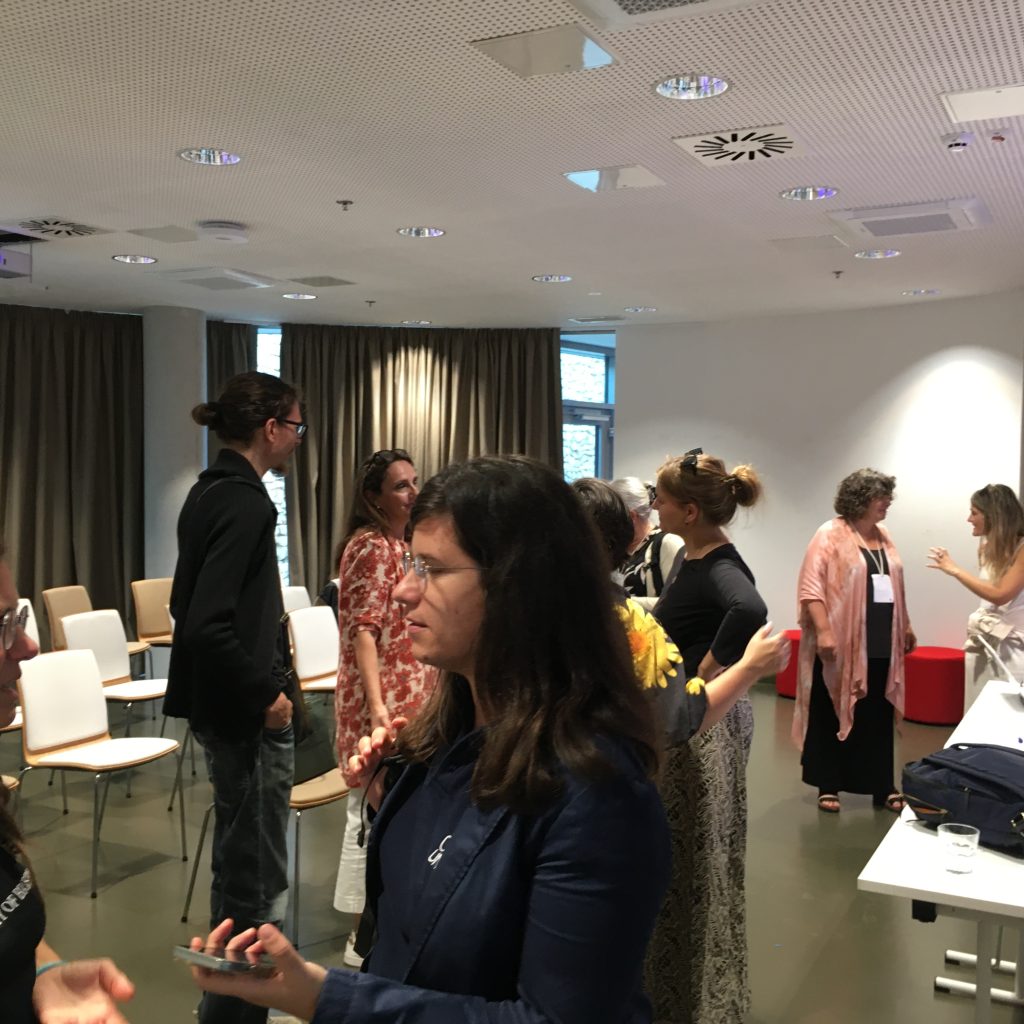
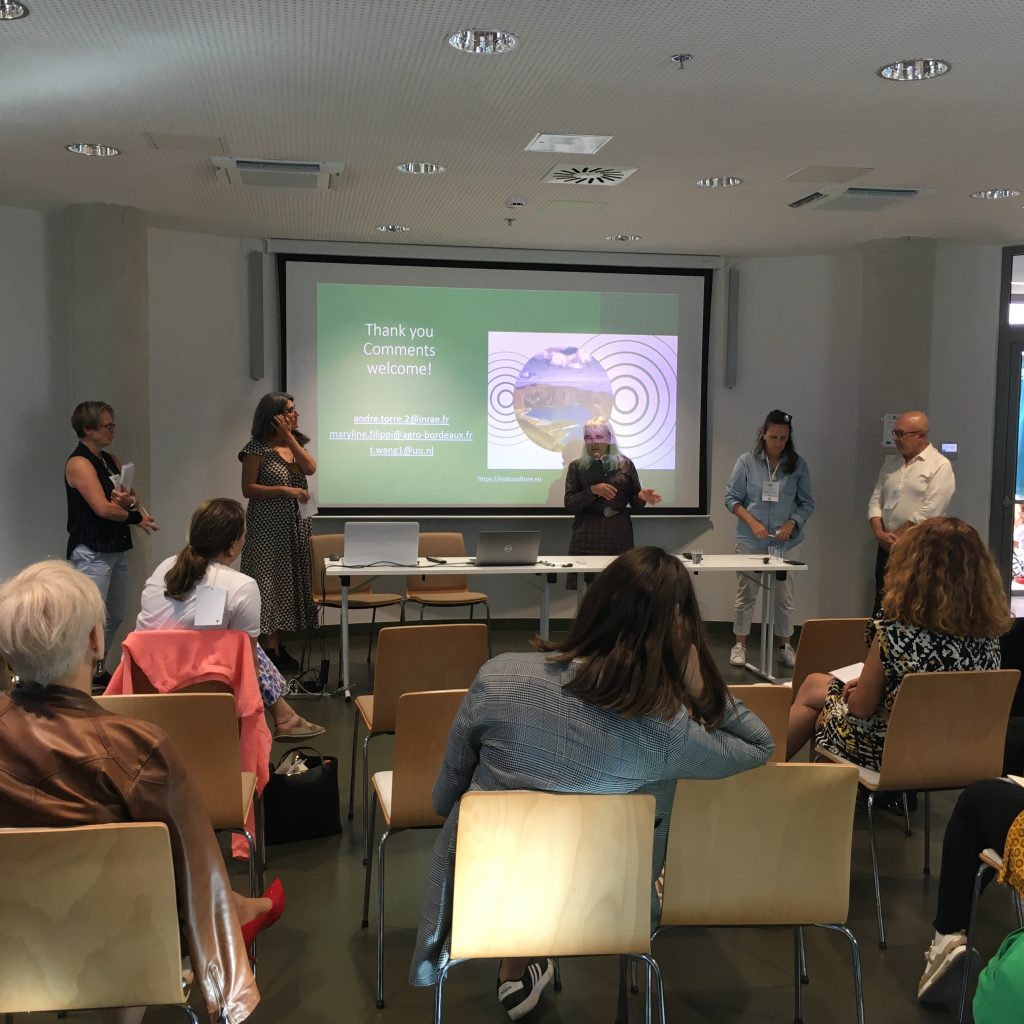
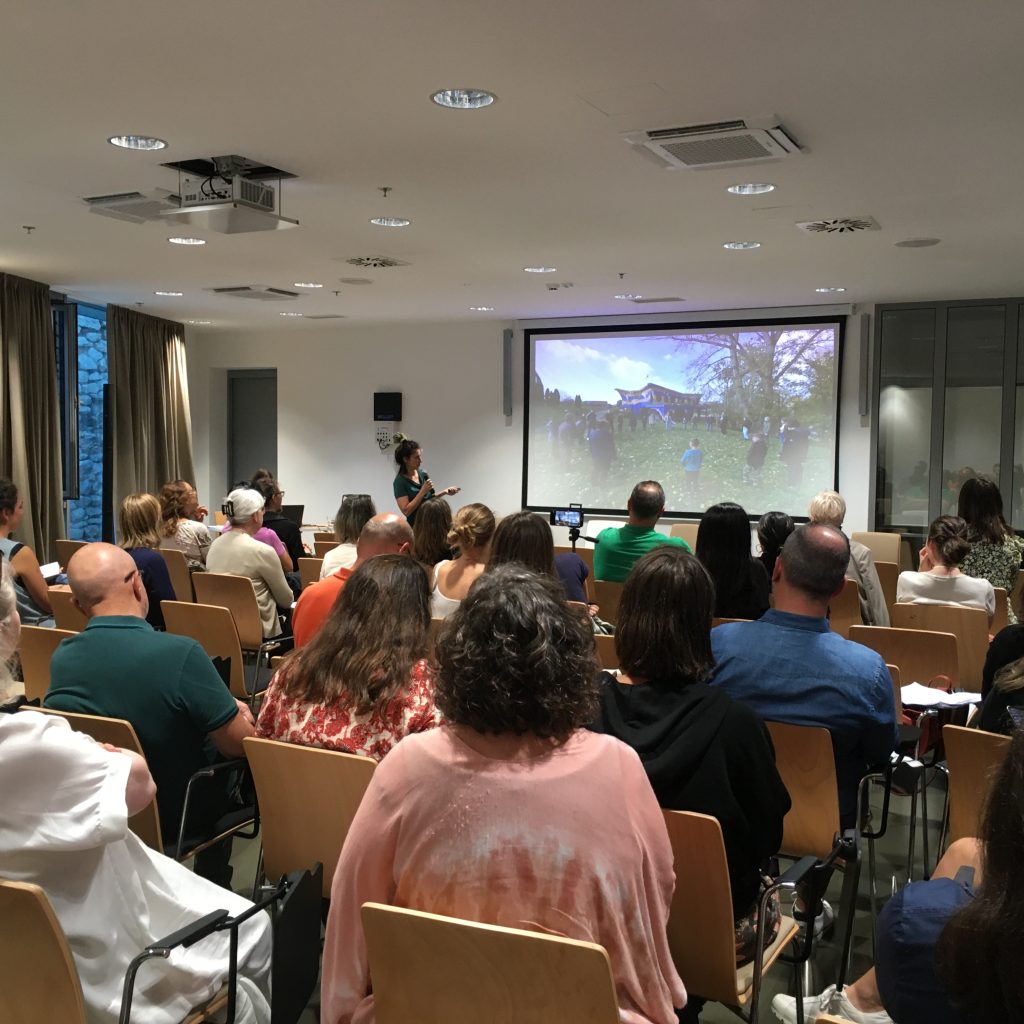
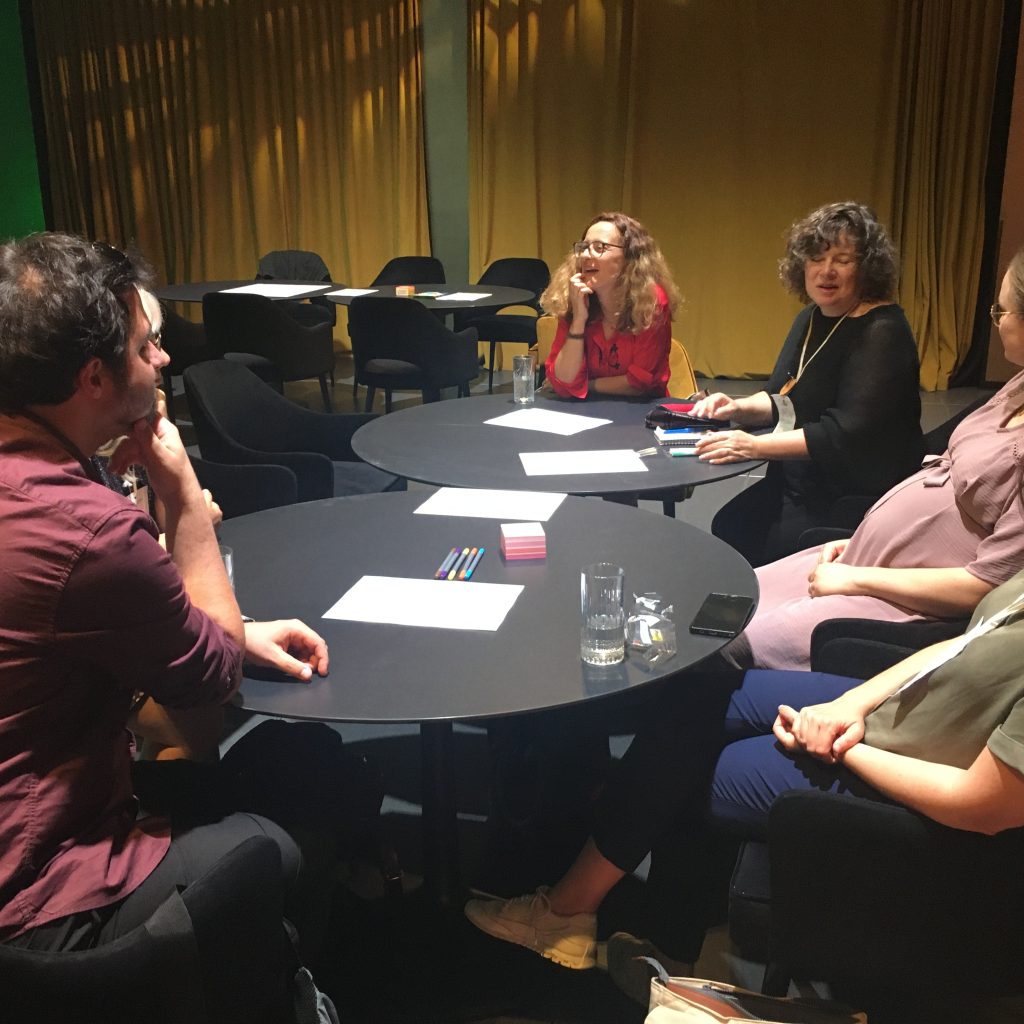
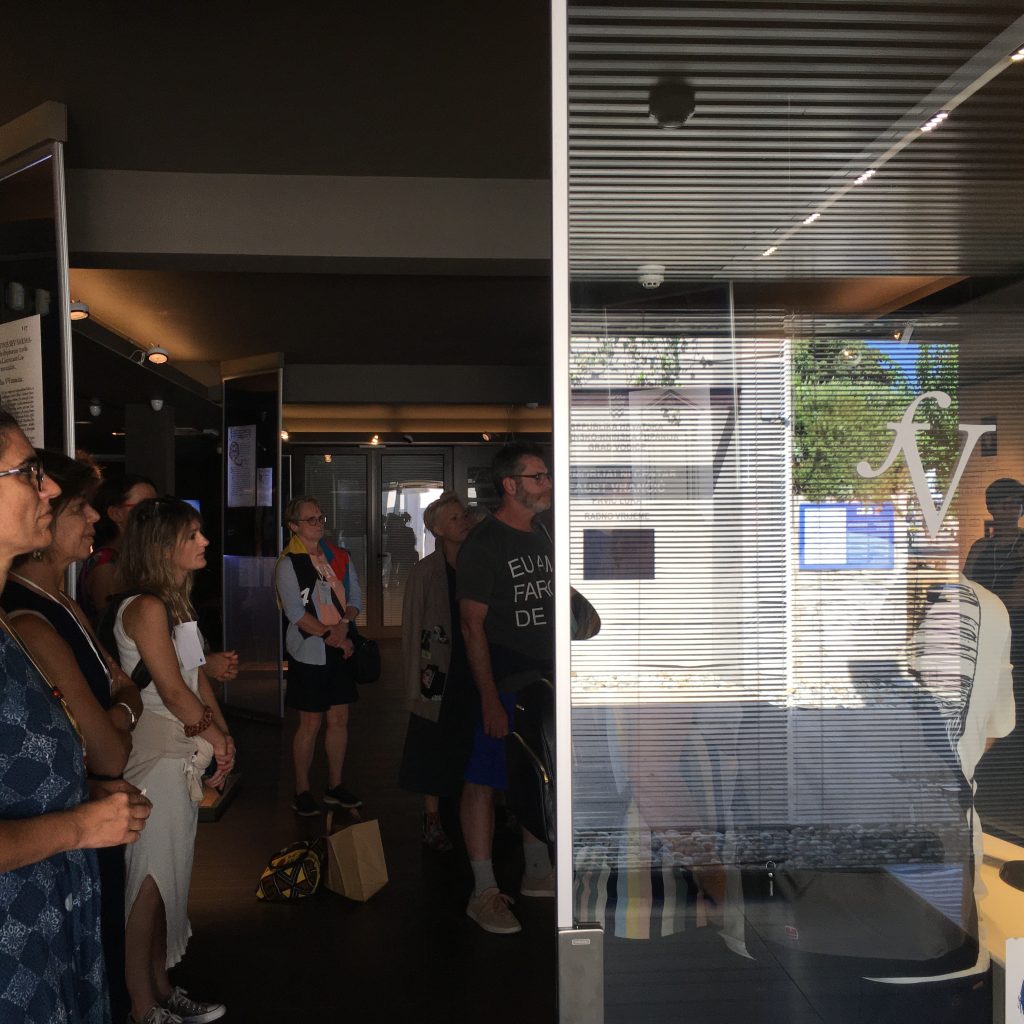
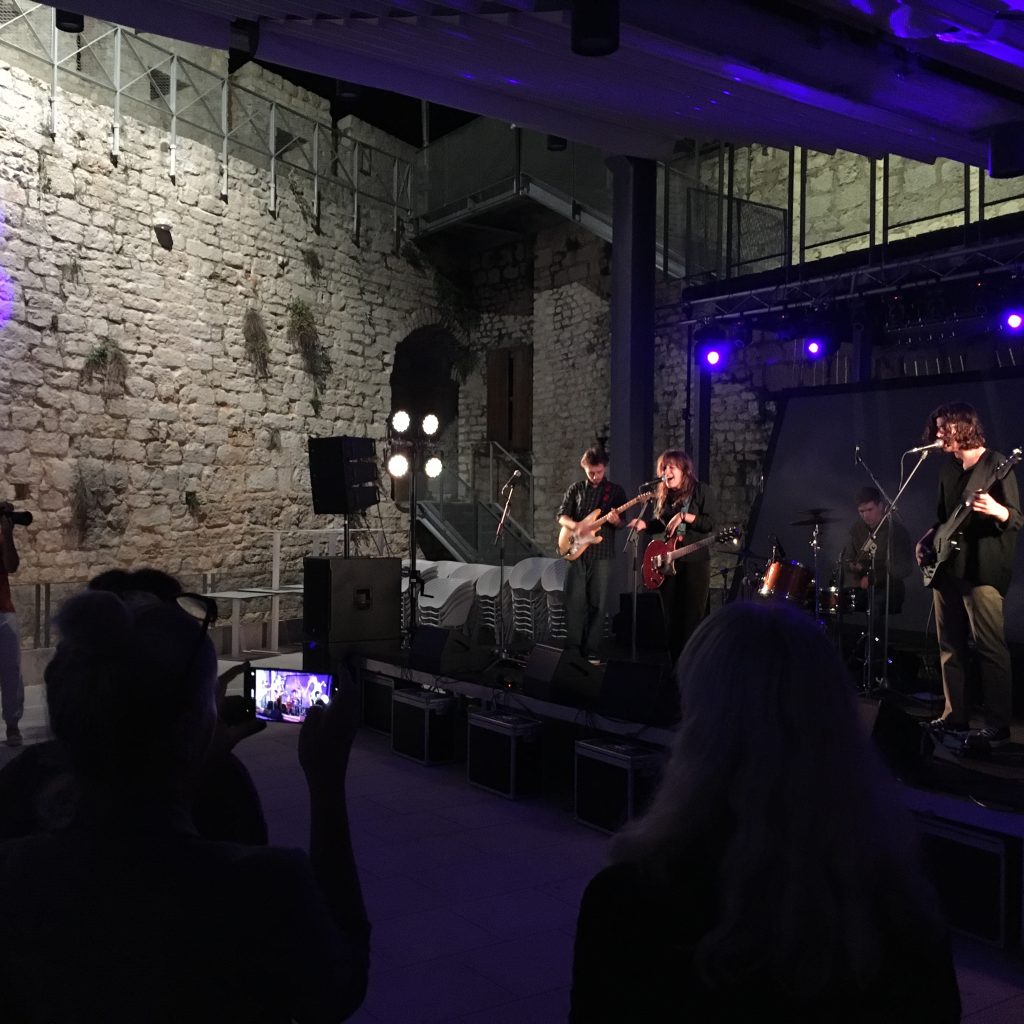
The conference was a platform for multidisciplinary exchange that offered “the chance to hear about so many fantastic projects and people”, as highlighted by one attendee, while another energetically commented on the networking opportunities created, saying that “it was fantastic, really. I gained a lot of insights and, especially, great energy from the conference overall! So many good people there – I really hope we can successfully keep in touch/form a bit of a community out of this”.
Outcomes and Next Steps
The Conference and Summer School laid the foundation for ongoing collaborations within the IN SITU network, with participants committed to developing creative, sustainable solutions in their own regions. Both events underscored the importance of cross-disciplinary cooperation, encouraging the cultural sector to take an active role in shaping the future of Europe’s rural landscapes. The joint outcomes of the Summer School and the Conference are expected to result in policy recommendations and collaborative frameworks that will inform rural development strategies across Europe.
About IN SITU
The IN SITU project, funded by the Horizon Europe programme, aims to enhance innovation capacities within cultural and creative sectors in non-urban areas. By fostering place-based innovation, it seeks to promote sustainability, competitiveness, and equitable development for the communities it serves.
For further details, contact:
Nancy Duxbury – IN SITU Project Coordinator
Centre for Social Studies (CES) at the University of Coimbra, Portugal
Email: in-situ@ces.uc.pt
Tel: +351 239 855 570
To stay up-to-date about IN SITU activities, please subscribe to our Newsletter (at the footer of our website) and follow us on social media (we are on Facebook, Instagram, Twitter/X and LinkedIn).
For more information and a photo album of the Summer School and the Conference, visit:
The Summer School page here.
The Conference page here.
